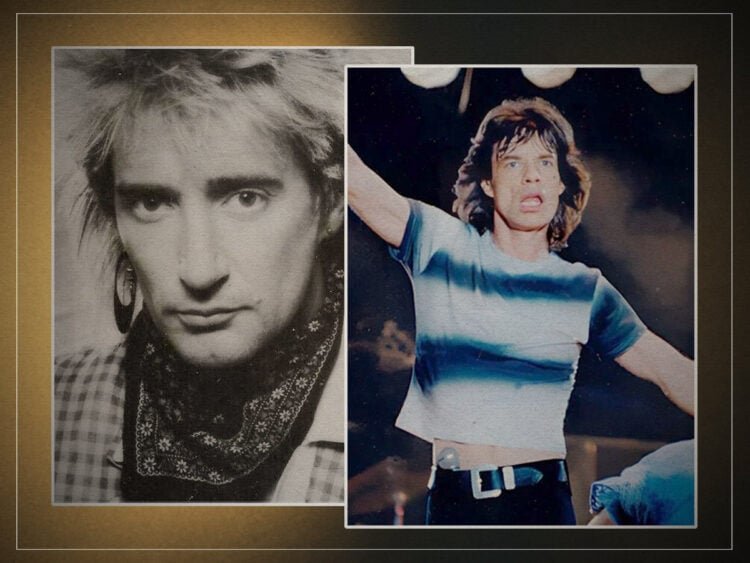I recently learned that the backing singer who featured on The Rolling Stones’ epic track, ‘Gimme Shelter’, was just 20 years old and pregnant during the time of recording. Merry Clayton provided one of the most iconic vocal takes of all time, soaring above Mick Jagger’s voice with natural power and range.
The greatness brought with it tragedy, as Clayton’s fierce and dynamic vocal performance sadly gave way to a miscarriage after recording. The sheer brutal force packed into the take has widely been attributed as the reason for the sad turn of events, which Clayton has since been able to move forward from.
“I took it as life, love and energy and directed it in another direction, so it doesn’t really bother me to sing ‘Gimme Shelter’ now,” she said.
Even if Clayton delivered that as not just a feature, but a standalone song of hers, we would undoubtedly regard it with the same kudos. It was a once-in-a-lifetime performance, that’s for sure. But it was paled into greatness through its relationship with Jagger’s voice.
His London-infused vocal stabs are sprinkled around Clayton’s unbridled power, with typical Jagger-esque character. Because really, alongside Clayton, that was all he could do. His genius and charm was in his performance, his ability to contort his own dialect and intonation to help tell the story of whatever Stones song he was playing.
He wasn’t a vocal powerhouse who could flutter between ranges with technical dexterity and Clayton’s performance ultimately framed that. As much as he tried, Gimme Shelter was ultimately Clayton’s.
But that doesn’t make him a bad front man, oh no. That’s arguably what made him one of the very best. His ability to maximise what he had and still be as captivating as anybody on the planet. To be a storyteller, an orator and an engager without leaning on the natural advantages of vocal power.
That was something those who truly understand the value of art could see. But nevertheless, as the frontman of one of the world’s biggest bands, Jagger was fair game for criticism and for those with an axe to grind, his vocals were always where they started.
But even his peers, who understood the nuance of his vocal performances, were still eager to flag them in thinly veiled digs. Most of them did so out of the necessity to punch upwards and take a shot at the man at the top, but a select few did it alongside him. Rod Stewart, who certainly swam in the same circles as Jagger and even reportedly shared beds with him, was one who highlighted his vocals as a means of improvement.
“Mick’s a fine blues singer, but technically not as good as me,” he once said. He understood the brilliance of Jagger and his ability to utilise his skills though, explaining, “He’s made the best of what he’s got, but I don’t think he could do standards and he may not want to.”
I would agree with Stewart, Jagger isn’t as good as him vocally. Stewart is more soulful and captivating from a technical sense. But Jagger is ultimately the frontman of one of the most successful bands of all time, and I guess that speaks for itself.
